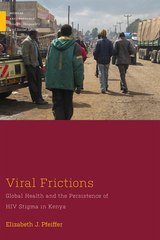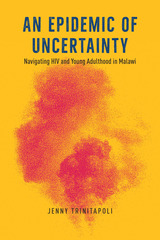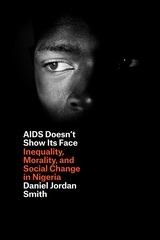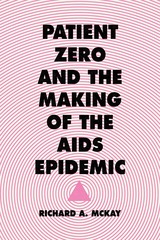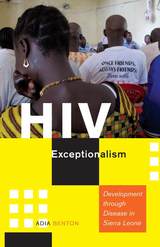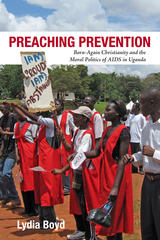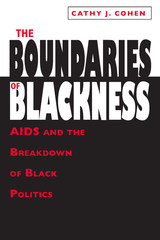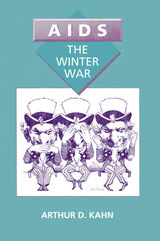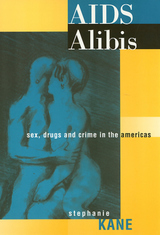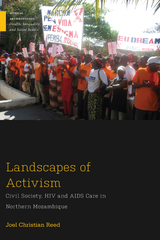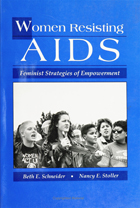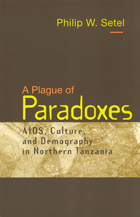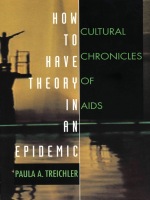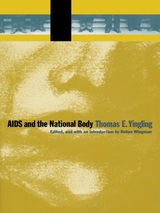In Changing Times: Gay Men and Lesbians Encounter HIV/AIDS
University of Chicago Press, 1997
Cloth: 978-0-226-27856-8 | Paper: 978-0-226-27857-5
Library of Congress Classification RA644.A25I49 1997
Dewey Decimal Classification 362.196979200866
Cloth: 978-0-226-27856-8 | Paper: 978-0-226-27857-5
Library of Congress Classification RA644.A25I49 1997
Dewey Decimal Classification 362.196979200866
ABOUT THIS BOOK | TOC
ABOUT THIS BOOK
The HIV/AIDS epidemic has been a major catastrophe for gay communities. In less than two decades, the disease has profoundly changed the lives of gay men and lesbians. Not just a biological and viral agent, HIV has become an opportunistic social invader, reshaping communities and the distribution of wealth, altering the social careers of gay professionals and the patterns of entry into gay and lesbian life, and giving birth to groups like ACT UP and Queer Nation.
The distinguished contributors to this volume discuss the ways HIV/AIDS has changed collective and individual identities, as well as lives, of gay men and lesbians, and how these alterations have changed our perceptions of the epidemic. They cover such topics as the impact of the epidemic on small towns, cultural barriers to AIDS prevention, gay youth and intergenerational relations, and the roles of lesbians in AIDS organizations. This collection provides compelling insights into the new communities among gay men and lesbians and the new kinds of identities and relationships that are emerging from the social and cultural ferment engendered by HIV/AIDS.
Contributors include Barry D. Adam, Lourdes Arguelles, Rafael Miguel Diaz, John H. Gagnon, Gilbert Herdt, Gregory M. Herek, Nan D. Hunter, Peter M. Nardi, John L. Peterson, Anne Rivero, Gayle S. Rubin, Beth E. Schneider, and Nancy E. Stoller.
The distinguished contributors to this volume discuss the ways HIV/AIDS has changed collective and individual identities, as well as lives, of gay men and lesbians, and how these alterations have changed our perceptions of the epidemic. They cover such topics as the impact of the epidemic on small towns, cultural barriers to AIDS prevention, gay youth and intergenerational relations, and the roles of lesbians in AIDS organizations. This collection provides compelling insights into the new communities among gay men and lesbians and the new kinds of identities and relationships that are emerging from the social and cultural ferment engendered by HIV/AIDS.
Contributors include Barry D. Adam, Lourdes Arguelles, Rafael Miguel Diaz, John H. Gagnon, Gilbert Herdt, Gregory M. Herek, Nan D. Hunter, Peter M. Nardi, John L. Peterson, Anne Rivero, Gayle S. Rubin, Beth E. Schneider, and Nancy E. Stoller.
See other books on: AIDS (Disease) | Diseases & Conditions | Gay men | Health Care Delivery | Lesbians
See other titles from University of Chicago Press

